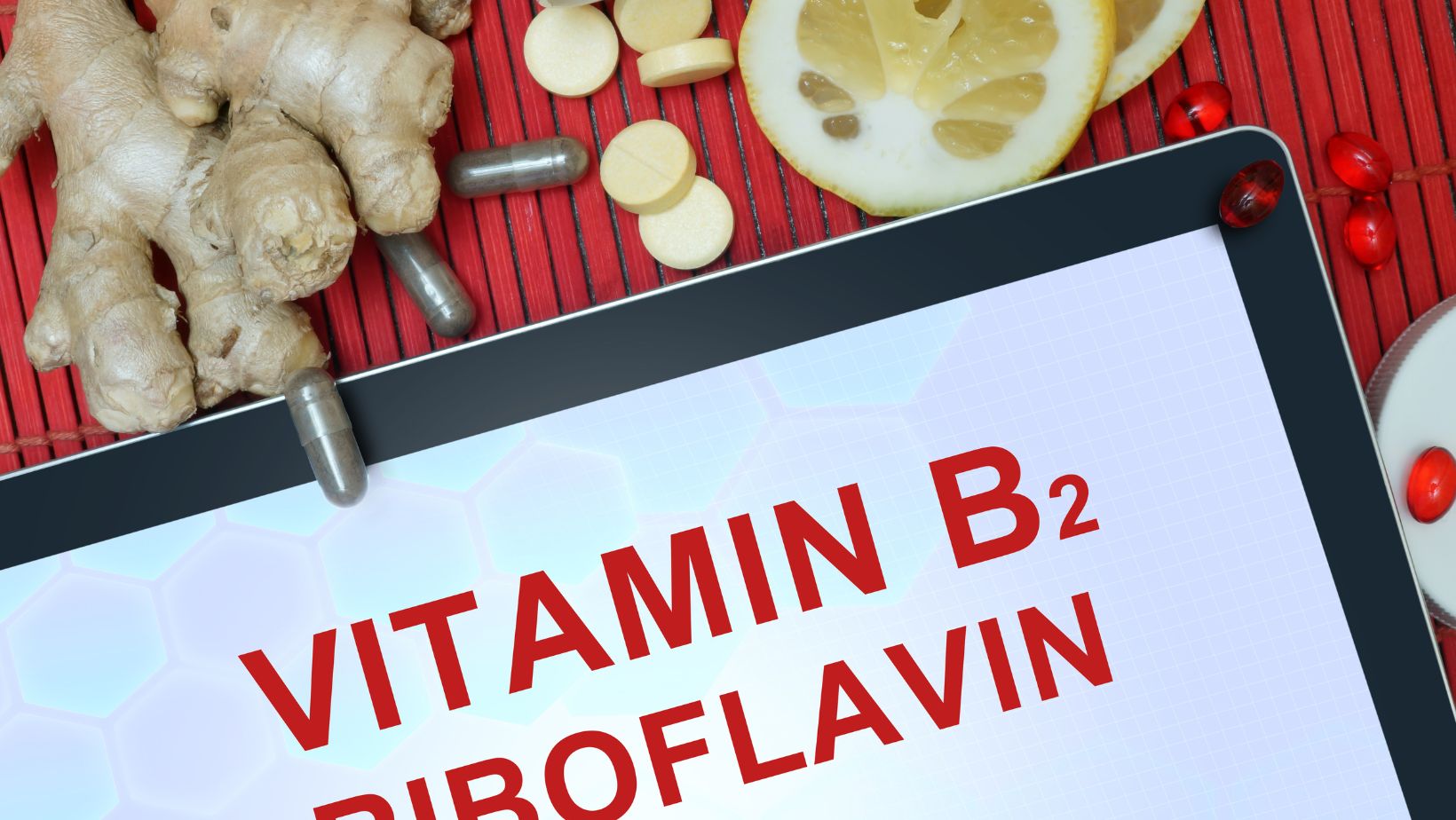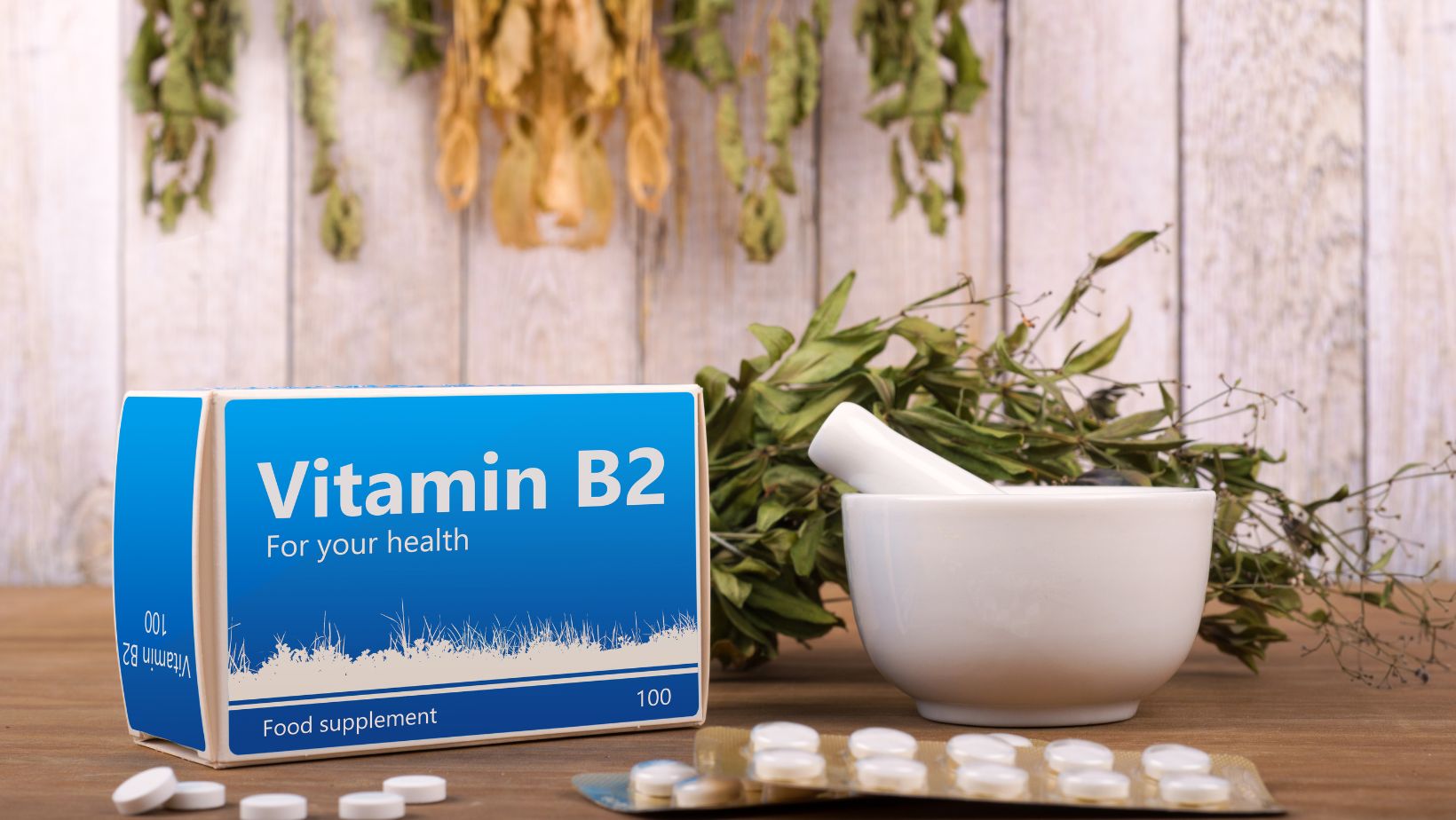 There are some nutrients that the body needs for optimal function. The body can synthesize some of these nutrients, but others cannot. Among these essential nutrients are vitamins, particularly the B-complex vitamins.
There are some nutrients that the body needs for optimal function. The body can synthesize some of these nutrients, but others cannot. Among these essential nutrients are vitamins, particularly the B-complex vitamins.
Have you ever felt like you needed a boost of energy? Riboflavin, also known as Vitamin B2, might just be the answer. Riboflavin is one of the eight vitamins in the B-complex vitamins. It comes in a bright yellow color that can impact the color of your urine when taken in excess.
From boosting energy levels to protecting your eyes and heart, there are so many benefits you can get from Vitamin B2 gummies. Let’s look at some of the health benefits of riboflavin.
The Health Benefits of Riboflavin
Vitamin B2 might not get as much attention as some of the other vitamins, but it does a lot of heavy lifting. Some of these benefits include:
Boosts Energy Levels
Riboflavin is important in carbohydrates, fats, and protein metabolism. It helps convert these nutrients into adenosine triphosphate (ATP), which is the main energy currency of your cells. Without riboflavin, your body would struggle to produce enough energy to keep you going throughout the day.
Supports Eye Health
Vitamin B2 has antioxidant properties. This protects your eye cells from oxidative stress caused by free radicals. It’s also a crucial component of two coenzymes, FMN (flavin mononucleotide) and FAD (flavin adenine dinucleotide).
These coenzymes are involved in the conversion of Vitamin A into its active form, retinal. This helps maintain good vision and prevents cataracts. Cataracts are a common eye problem in individuals with prolonged riboflavin deficiency.
Promotes Healthy Skin
For skincare enthusiasts, riboflavin is a great vitamin for skin health. Riboflavin is needed in collagen production. Collagen, in turn, keeps your skin firm and supple. It also helps in tissue repair and the maintenance of healthy skin cells by facilitating cell turnover.

Riboflavin’s role in energy production ensures that your skin cells have the energy they need to regenerate and repair, leading to a healthy, glowing complexion.
Aids in Iron Absorption
Riboflavin enhances the absorption of iron in the digestive tract and also plays a role in converting iron into hemoglobin, the protein in red blood cells that carries oxygen throughout the body. This helps prevent iron deficiency anemia, a condition characterized by weakness and pallor due to low red blood cell count.
Prevents Cardiovascular Diseases
Riboflavin is essential in maintaining cardiovascular health by helping regulate homocysteine levels in the bloodstream. Homocysteine is an amino acid produced in the body, and elevated levels are associated with an increased risk of cardiovascular diseases. When homocysteine accumulates beyond a healthy range, it can damage the inner lining of blood vessels, leading to inflammation, arterial stiffness, and a greater likelihood of blood clots forming.
Riboflavin’s role in controlling homocysteine levels is particularly important because it acts as a cofactor for enzymes that convert homocysteine into less harmful substances. By facilitating these biochemical reactions, riboflavin prevents homocysteine from building up to dangerous levels.
Relieves Migraines
It has been shown that riboflavin reduces the frequency and severity of migraines in some people. It is believed to improve mitochondrial function, which plays a role in cell energy production.

Since migraines may be linked to mitochondrial dysfunction, riboflavin’s ability to enhance energy production can help prevent these painful headaches.
Sources of Riboflavin
You’re probably wondering, “Which food can I get riboflavin from?” Here are a few dietary sources of Vitamin B2:
- Dairy products like milk, cheese, and yogurt.
- Eggs
- Lean meats and poultry
- Green vegetables such as spinach, asparagus, and broccoli
- Nuts and seeds
- Fortified cereals and bread
Wrapping Up
Most people can get enough riboflavin through a balanced diet. However, there are certain situations where supplements might be necessary. If you’re a vegan or have dietary restrictions that limit your intake of riboflavin-rich foods, a supplement might be beneficial.
Also, individuals with certain medical conditions or those who are pregnant may need a bit of an extra boost. Other than this, you should be getting enough from your diet. Consult with your healthcare provider to help you decide if a supplement is right for you.

















